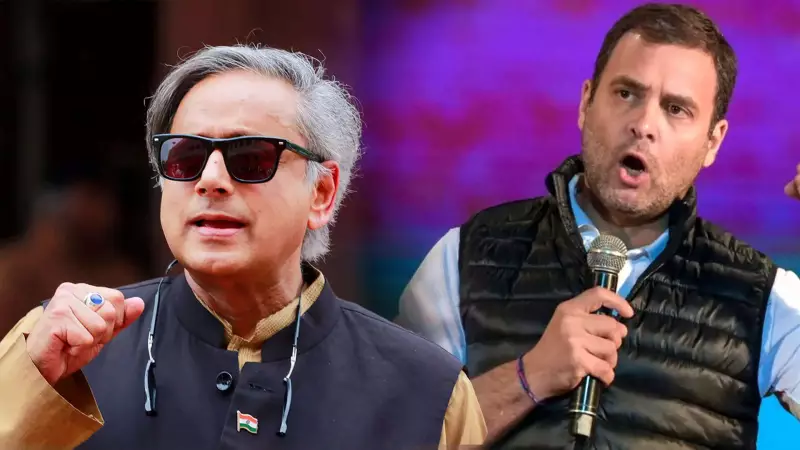
In a dramatic reversal of position, former US President Donald Trump has made a stunning U-turn on his relationship with India and Prime Minister Narendra Modi, just days after expressing strong dissatisfaction with India's diplomatic and economic engagements with China and Russia.
From 'Sulking' to Friendship Declaration
The diplomatic rollercoaster began when Trump initially expressed disappointment with India's perceived pivot toward China, suggesting that the United States had lost India to China in terms of strategic alignment. This was followed by strong reactions from Trump's trade advisers who expressed rage over the visible bonhomie between Prime Minister Modi, Russian President Vladimir Putin, and Chinese President Xi Jinping during the recent SCO Summit.
The tension escalated significantly when the Trump administration responded to India's refusal to snub Putin and reject Russian oil imports by declaring what many interpreted as an economic war. The US slapped additional 25% tariffs on Indian goods and delivered a 24-hour ultimatum demanding India stop purchasing Russian oil immediately.
Modi's Strategic Response at SCO Summit
While facing pressure from the United States, Prime Minister Modi maintained India's strategic autonomy during the SCO Summit engagements. The Indian leader notably met with both Putin and Xi, demonstrating India's commitment to multi-alignment diplomacy despite American objections.
During the summit, Modi delivered a strong message about selfish economies and the negative impact of protectionist trade policies, directly addressing Trump's tariff gambit without explicitly naming the former president. This assertive stance showcased India's growing confidence in navigating complex international relationships while protecting its national interests.
The Dramatic U-Turn and Future Implications
In a surprising development that caught many observers off guard, Trump completely reversed his position, declaring that Modi and I will always be friends. This stunning turnaround came after the initial period of tension and economic threats, suggesting a recognition of India's importance in global geopolitics and the limitations of pressuring New Delhi on its foreign policy choices.
The situation highlights India's delicate balancing act in maintaining relationships with multiple global powers simultaneously. Despite pressure from Washington, India has continued its purchase of Russian oil, arguing that energy security remains a paramount national interest that cannot be compromised.
Meanwhile, in domestic developments, Prime Modi made his first visit to Jammu and Kashmir following the Pahalgam attack, where he strongly condemned Pakistan's actions against Kashmiri culture and identity. In a tragic separate incident, a landslide hit an Indian Army camp in Sikkim after the River Teesta swelled, resulting in three personnel killed and six missing.
The evolving situation demonstrates the complexity of modern international relations, where economic pressures, energy security, and strategic autonomy intersect in shaping diplomatic outcomes between major democracies.






